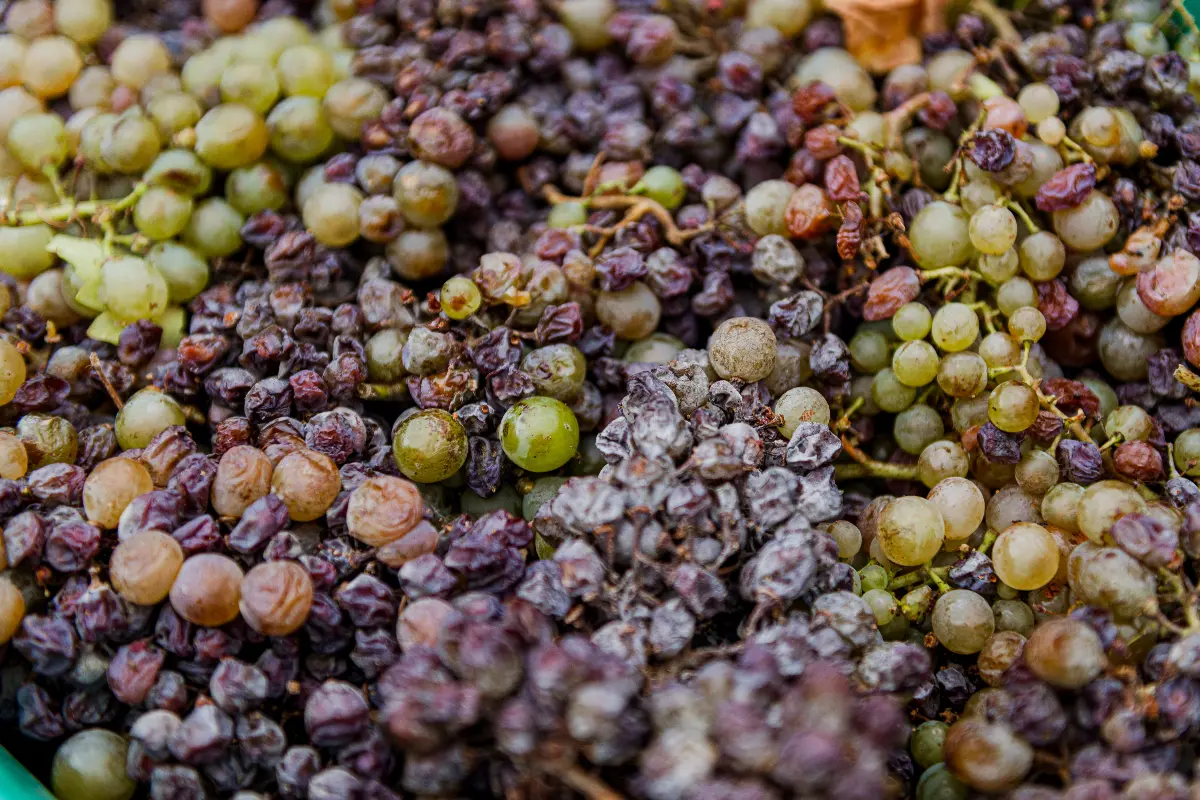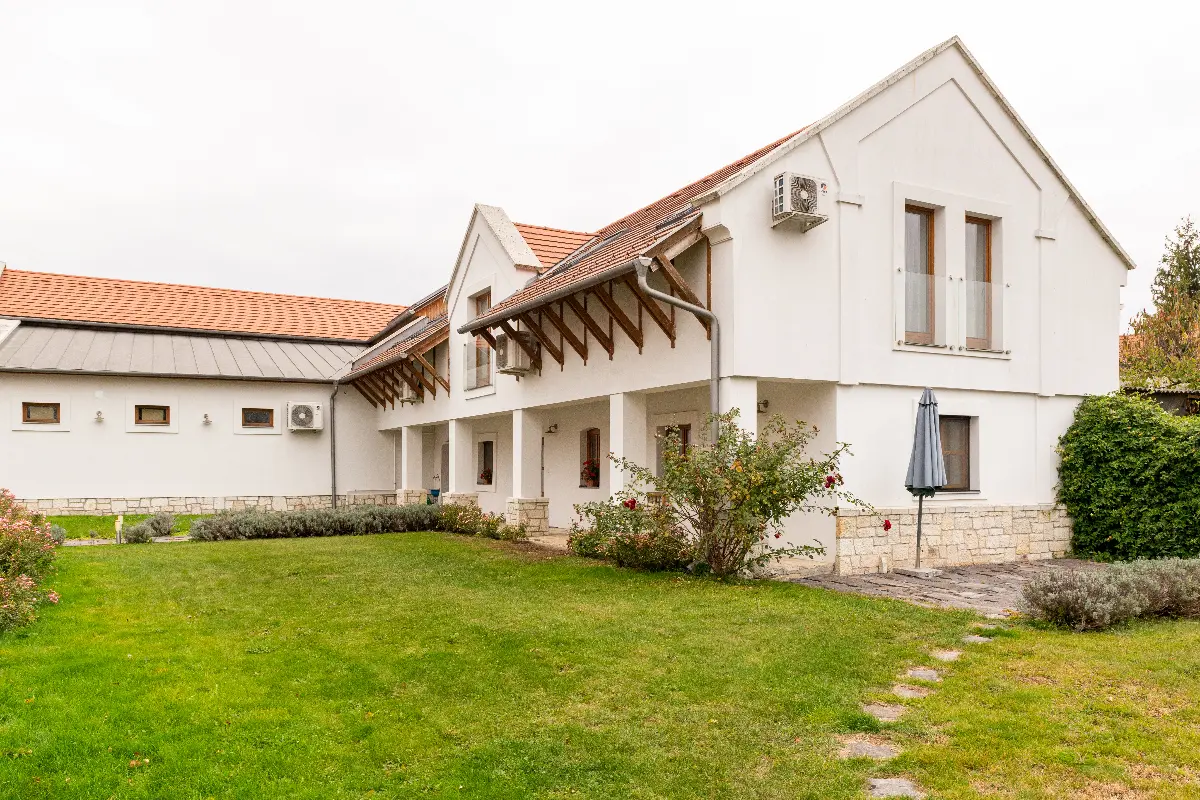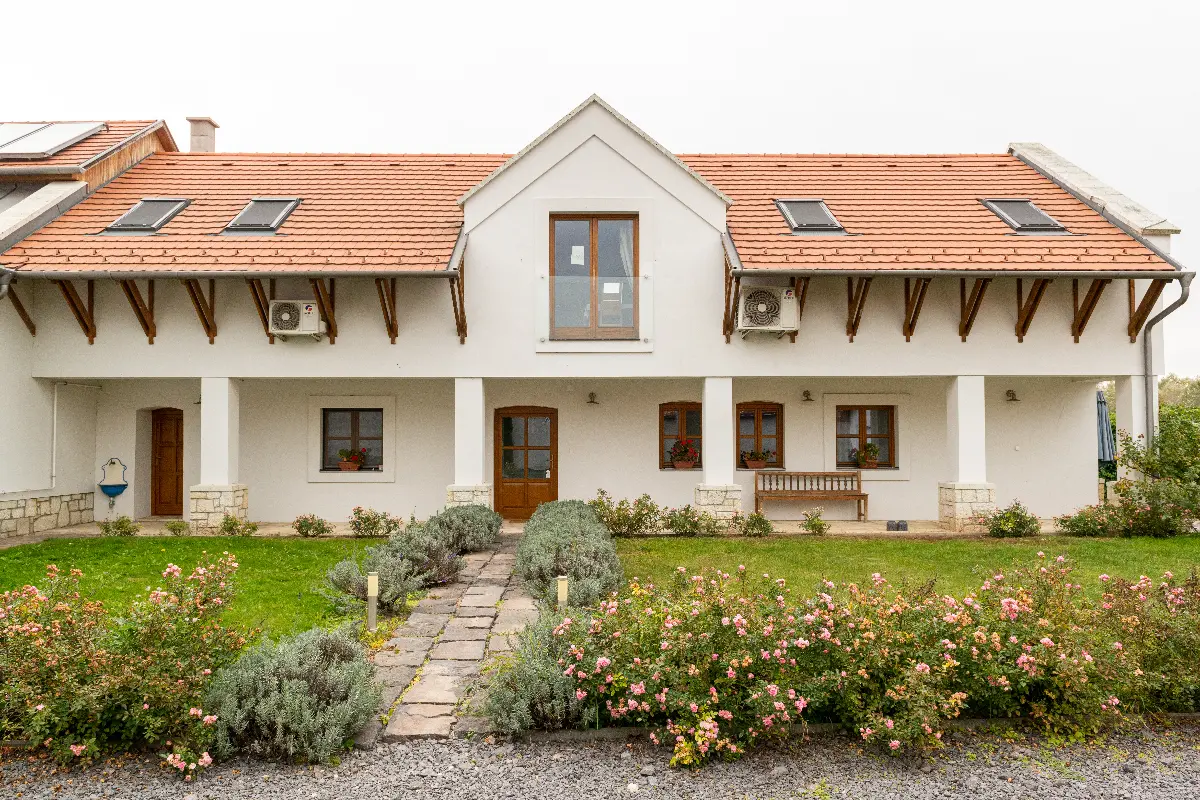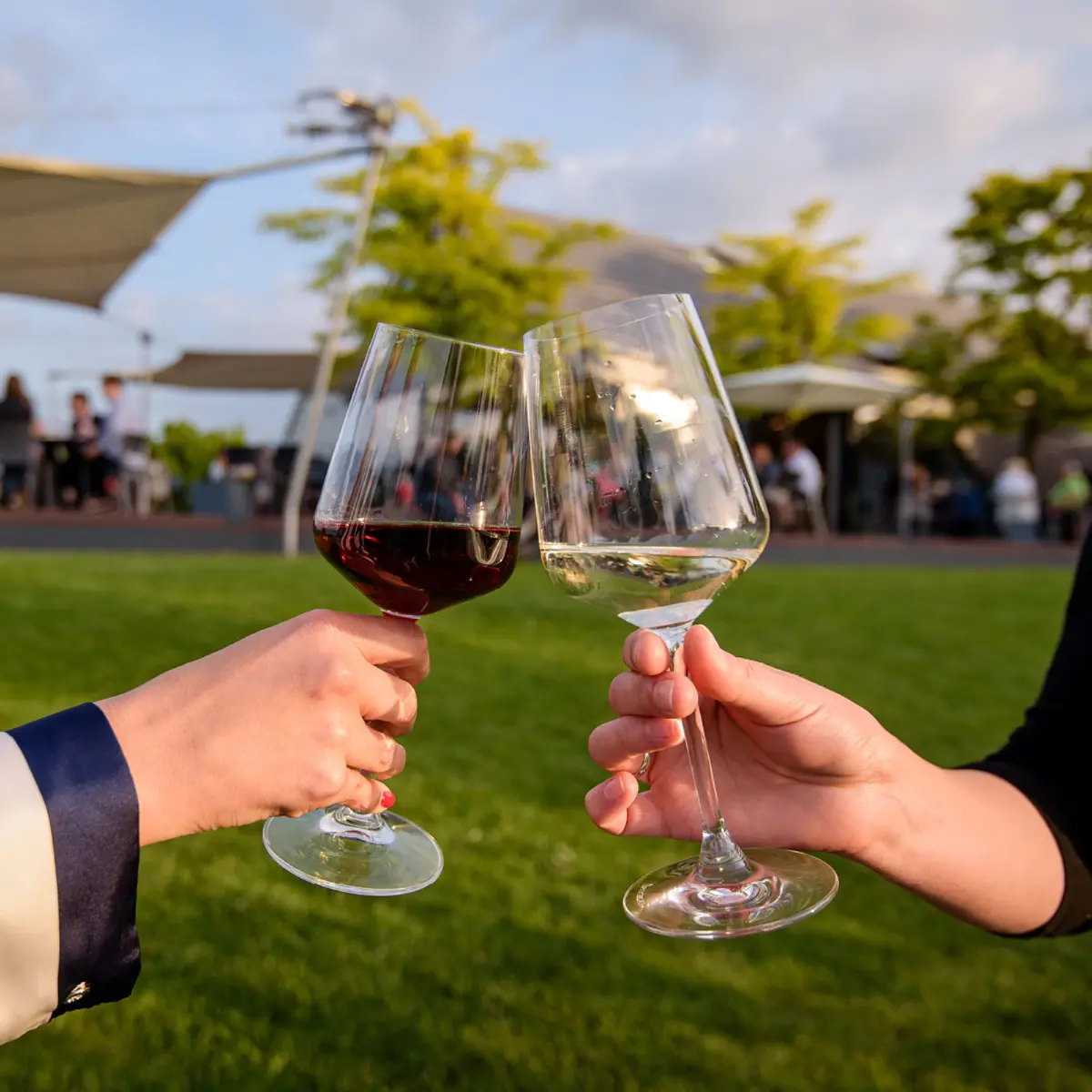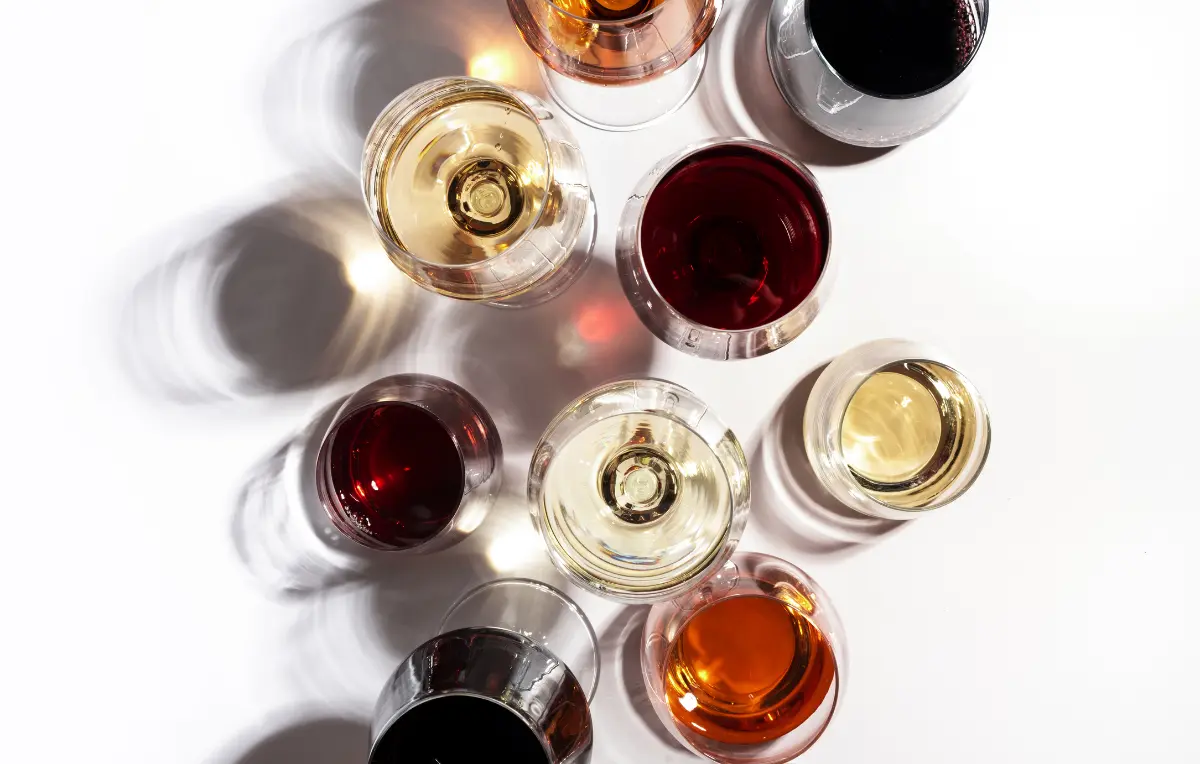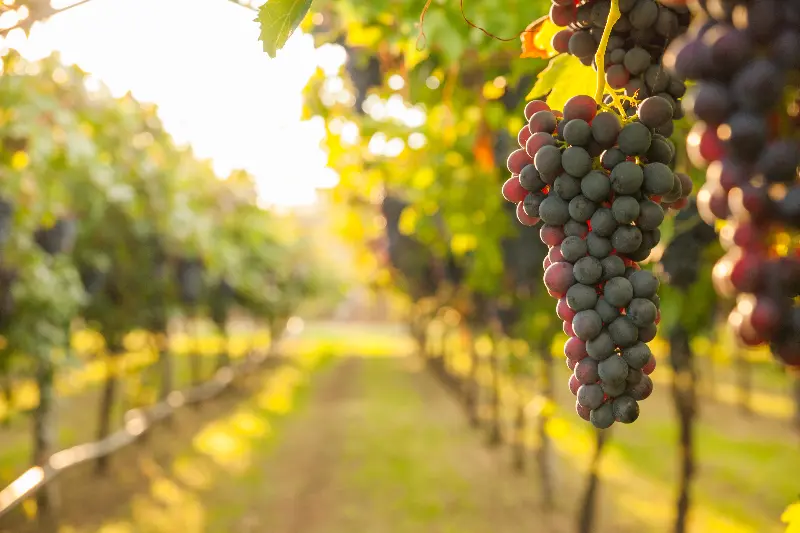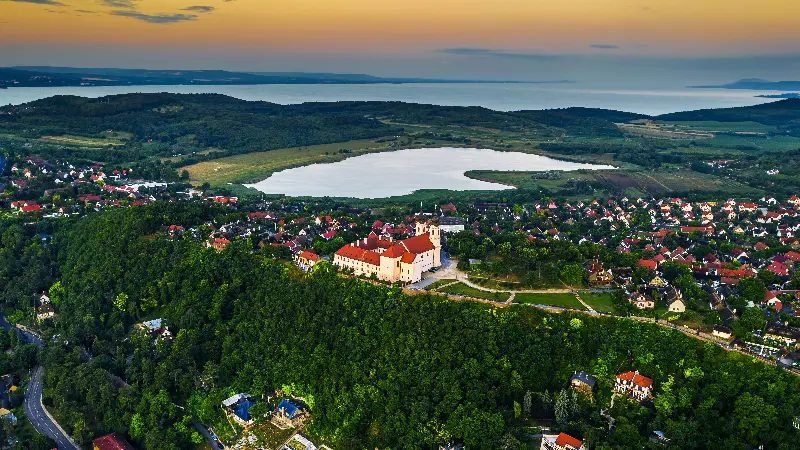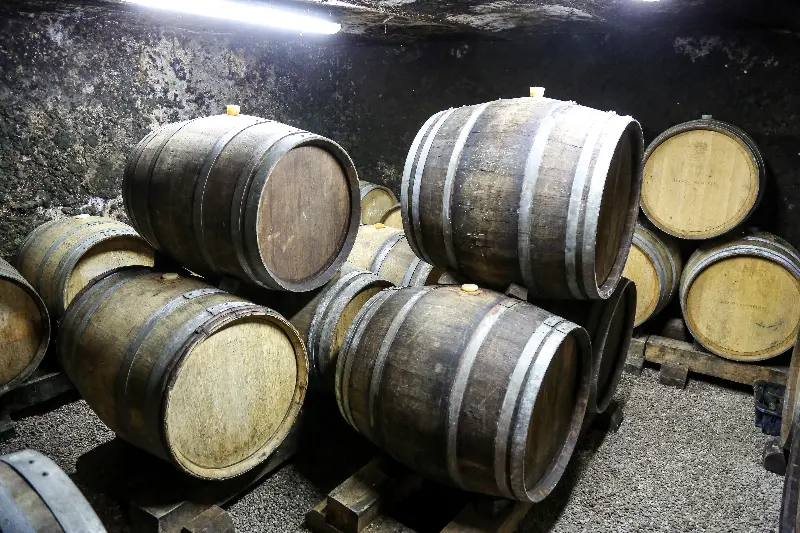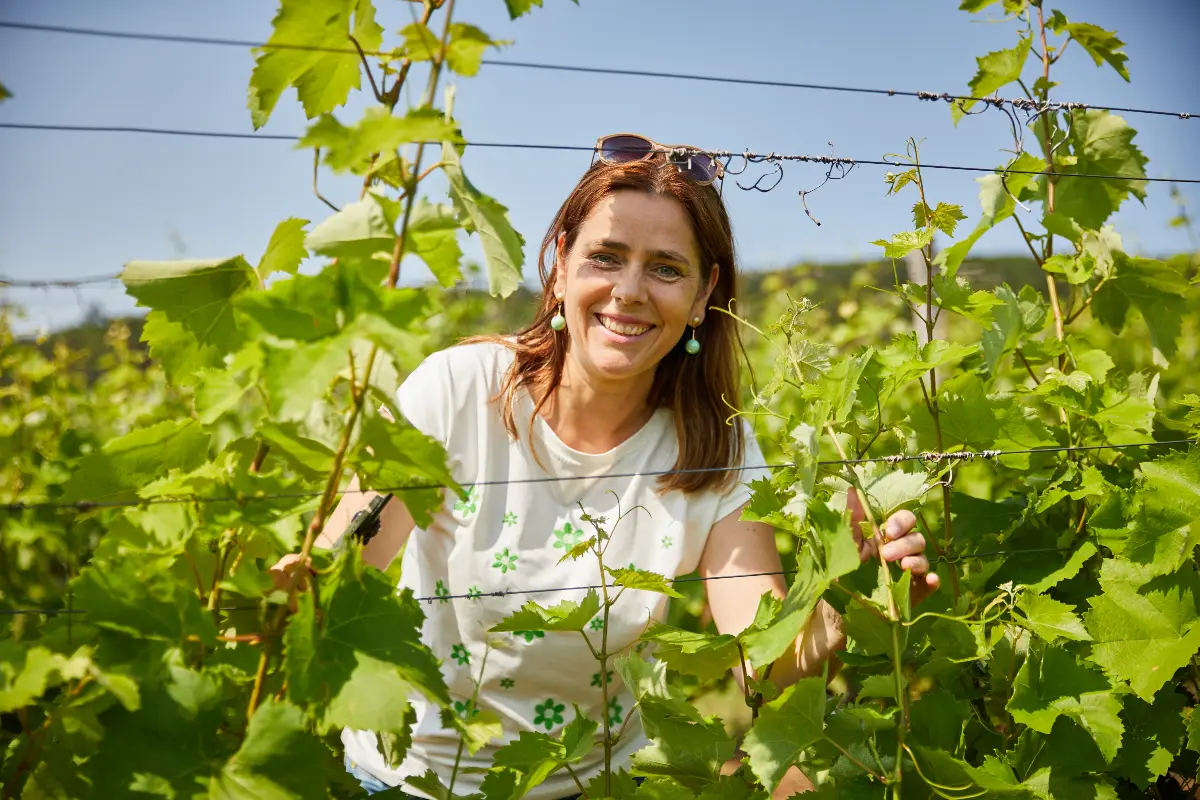
Helyszín címkék:
Women and wine
Mészáros Gabriella
An intimate relationship has developed between women and wine over the past two to three decades.
For what motives do women buy wine?
In my own experience, two basic categories can be distinguished among female wine buyers.
Those who adhere more to traditional ways also follow this in their wine consumption habits. They are usually the ones who take care of storing their wines, of having appropriate, professional glasses, decanters and many other useful equipment that enhance the enjoyment of wine. They are usually more open to red wines and make conscious choices. Then there is the group of more relaxed, less conservative buyers who interpret wine differently than the majority. These women do not consider themselves gourmets and are not traditional wine consumers. They encounter wine much more often in less formal settings, in moments of enjoyment and relaxation with friends. They taste wines less professionally, but sometimes they can perhaps immerse themselves better in well-interpreted pleasures. They are more often attracted to white wines and champagne.
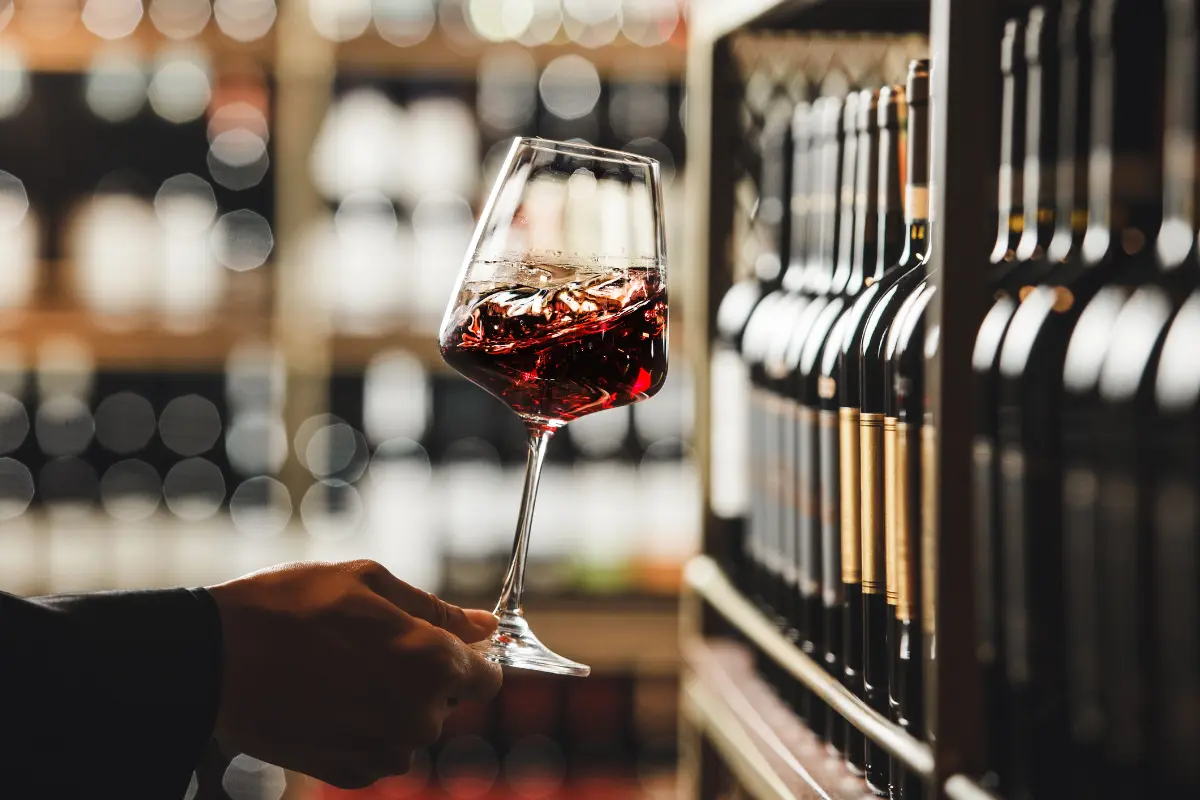
For many people, wine is synonymous with gatherings with friends or a special encounter, sometimes with a little learning.
Women usually look for accessories that enhance our tasting experiences. It could be a new type of professional wine glass or an exciting corkscrew. I would like to note that it is extremely easy to choose a gift for such ladies because they will gladly accept anything. Not to mention a bottle or two of good wine. Age also influences our wine drinking habits. Younger women usually prefer simple, easy-to-understand and enjoyable wines, such as champagne or sweet or late-harvest white wines. In the case of older women, however, we can talk about more sophisticated choices, they often enjoy refining their taste and gaining experience. However, I have heard from many men that it is very difficult to conquer a woman who knows about wine. Could it be true? There is no doubt that a bad wine choice on the part of a man can be just as disappointing as making a spelling mistake. I read somewhere that when it comes to impressing someone on a first date, choosing the right wine is much more important than the traditional bouquet of flowers. It is an interesting idea.
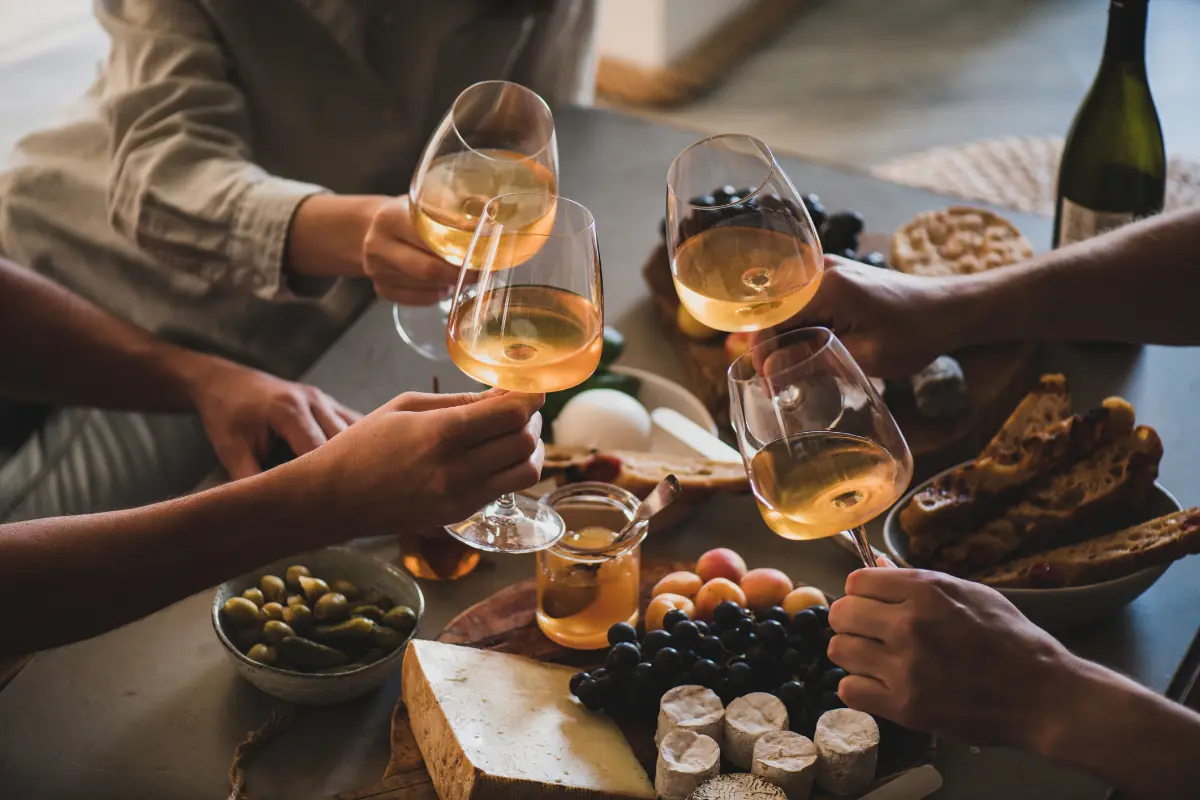
Women behind the wine
But what about my fellow women who make the wine themselves? Because female winemakers are no longer rare, either at home or abroad. Back then, about thirty years ago, at the dawn of my “wine” career, there were not really any women in the profession. Neither on the producer nor the merchant side – and there was not much else. There were no wine shops, sommeliers, or specialist writers. Nor were there any men. The situation has changed today. Women are increasingly finding their well-deserved place in the world of wine. If we look at the statistics, women are also appearing in increasing numbers among wine consumers, wine producers, and owners. In fact, I do not attribute too much importance to these kinds of differences between the sexes even today, even though I like to stick to the original division.
The female – or rather feminine – side is a little softer, rounder, kinder. Masculine wines are more combative, more powerful, more assertive, in my opinion. Which does not mean any difference in quality at all. It is just a matter of style, like so many other things in life.
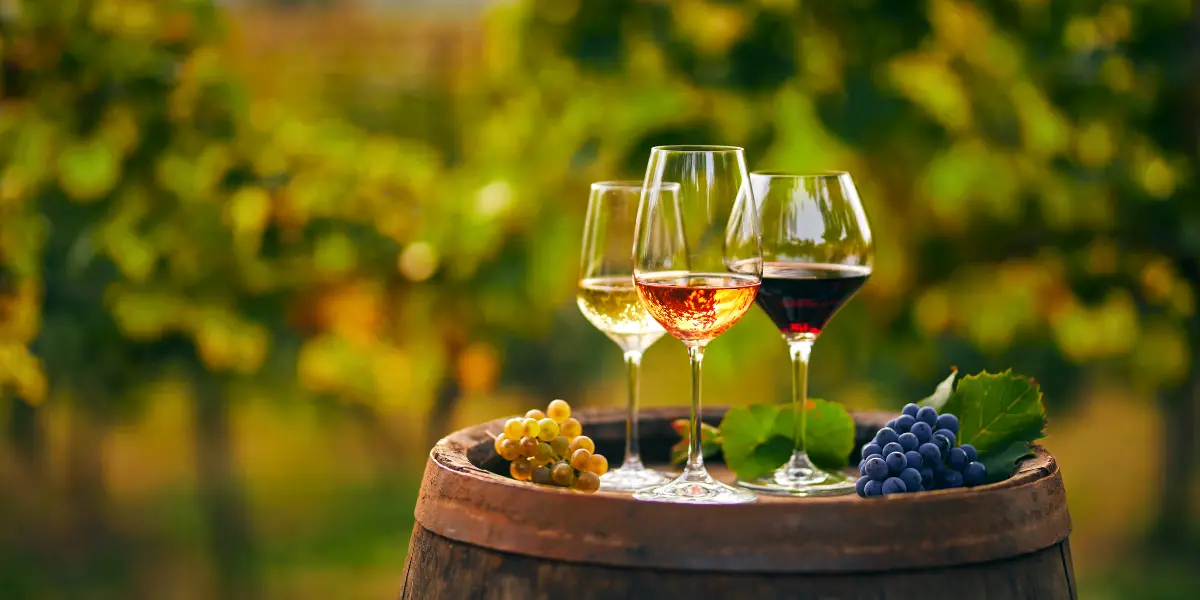
Tokaj and women
Several female winemakers have been working in Tokaj for years, whose wines have reached almost every corner of the world. After Judit Bott and Stephanie Berecz, Sarolta Bárdos (Tokaj Nobilis) also received the Winemaker of Winemakers award in 2024. This cannot be a coincidence, as the most respected Hungarian winemakers select the best from among themselves every year, which represents real value and prestige. Sarolta has been bottling stylish, clear, terroir-true wines from the very beginning. Following her grandparents' encouragement, she began building her own family estate in the best vineyards of Bodrogkeresztúr. Her wines are elegant and very long-lasting. Even today, we often encounter the suggestion that Hungarian wines cannot be aged. This is in complete contrast to our wines, which are often produced on volcanic soils and are still in great shape at twenty years old. We recently tasted Sarolta Bárdos' wines, dating back to 2003. Without exception, they were all in excellent condition, each a real source of pleasure.
When we talk to Sarolta Bárdos, it does not occur to us that she is a representative of the "weaker sex". Of course, not because she is not expressly beautiful and feminine, but her assurance, determination and resilience are no less than those of her male colleagues. She herself does not think that there is any difference between the two sexes if we try to decipher the upsides and downsides of the viticulture and winemaking profession. Her wines are built on good taste and clear professionalism, otherwise it would be impossible to continue. Saci, her husband and her almost adult daughters are the soul of the clear and dominant family of Bodrogkeresztúr and the wine region. In addition to the vines and the cellar, she takes a serious part in keeping the guests well, but she is also a founding member of the Society of Tokaj Wine Friends. The treasures of Hegyalja have never been inventoried and we have not received/given instructions for using them. However, through such winemakers, many people can be reached who would not necessarily join the regular Tokaj routine of wine lovers. Without the ability to create connections, openness and, of course, impeccable wines, even the best wines in the world cannot necessarily be sold.
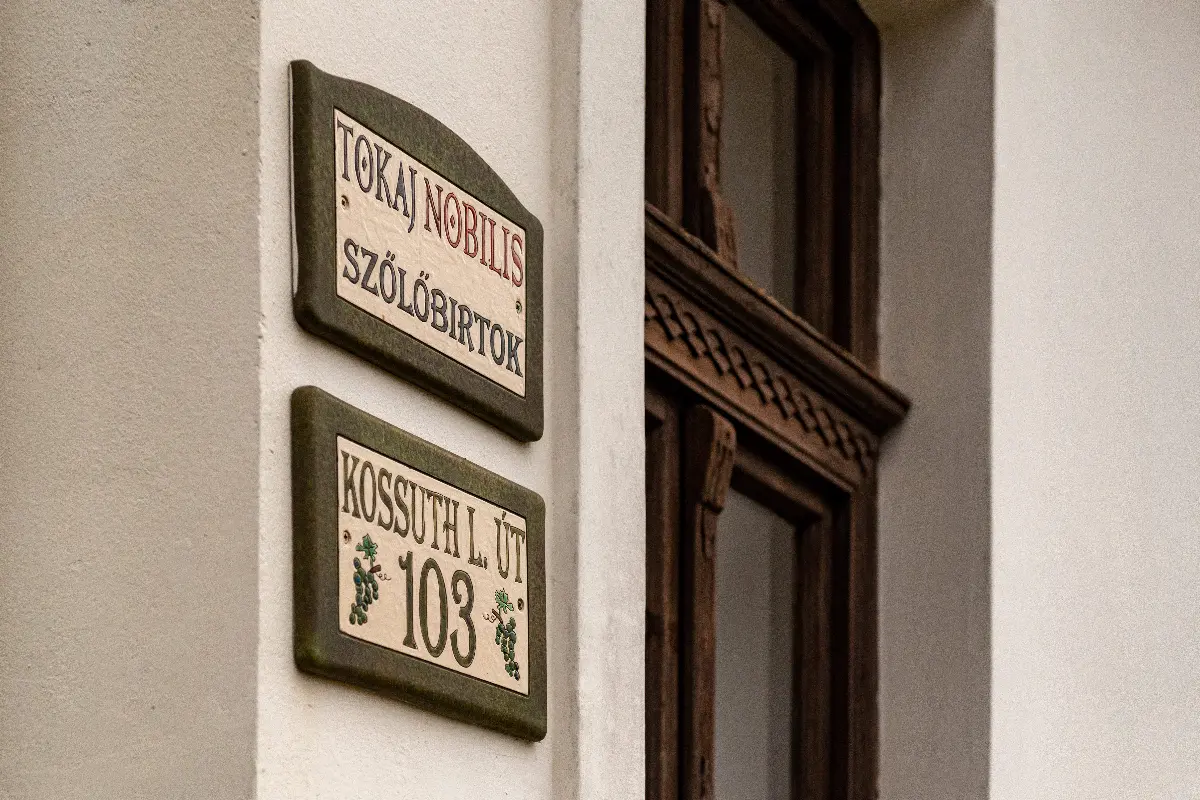
So, is there a place for women around wine? Perhaps we do not even need to ask the question, because we know there is, and not just any!
